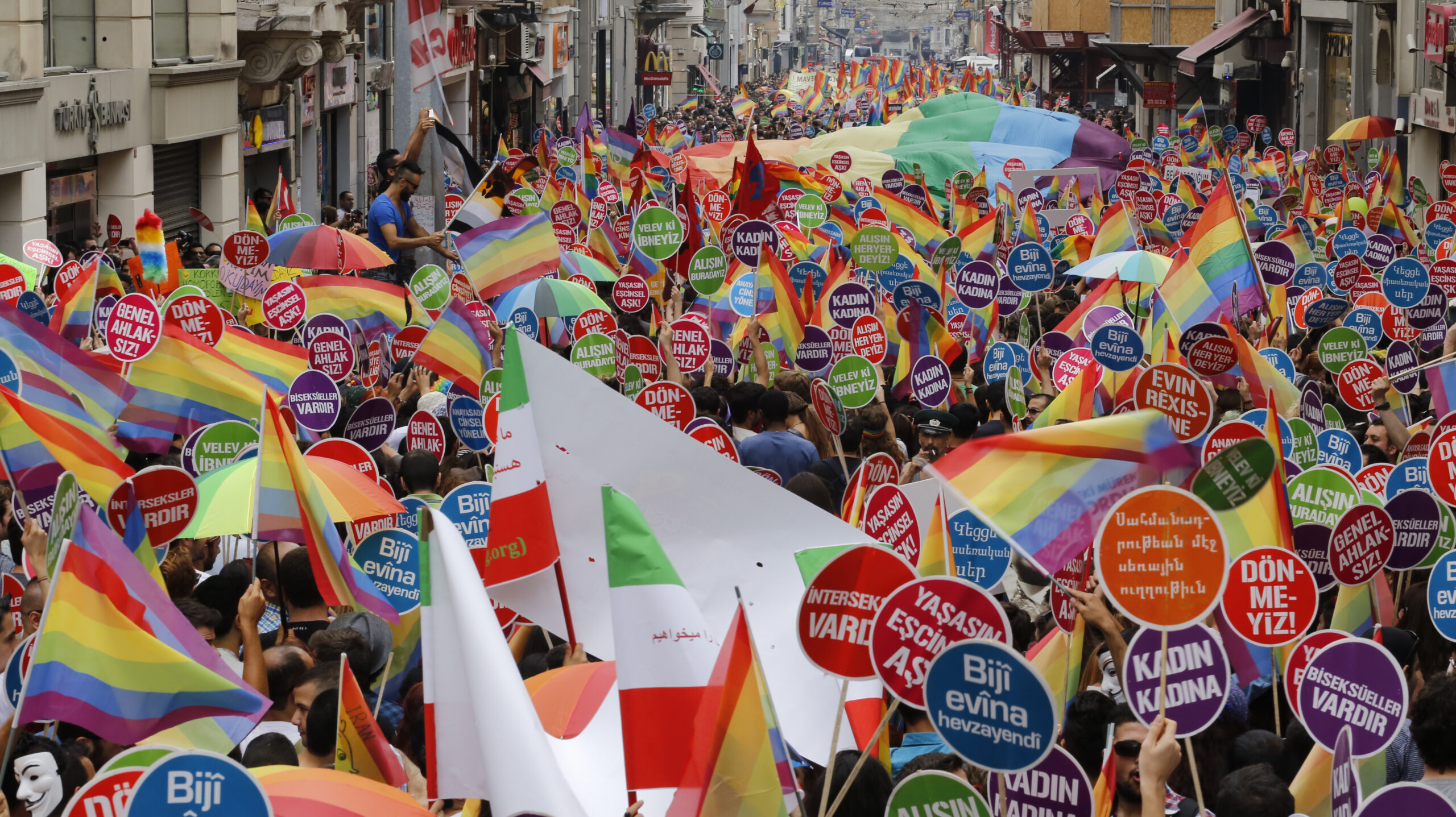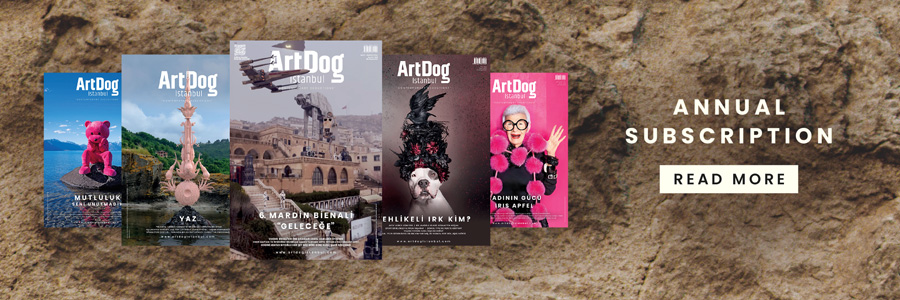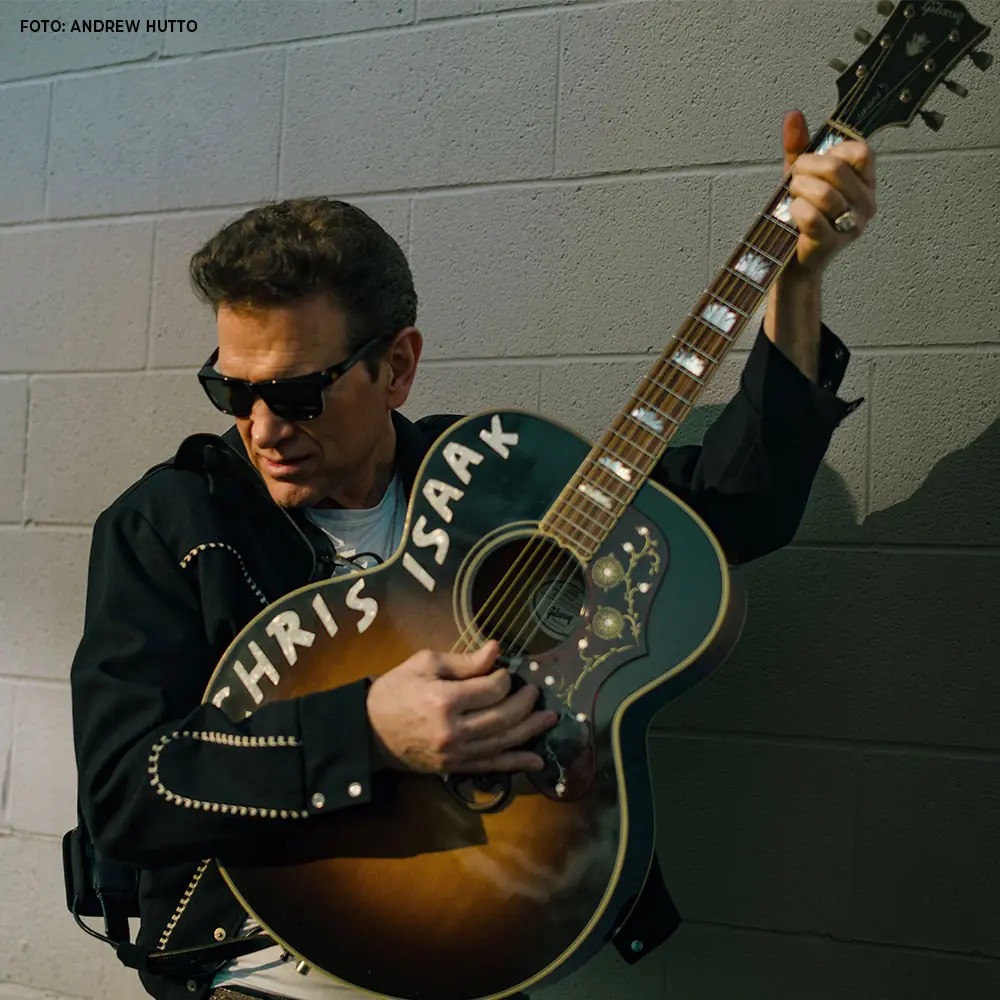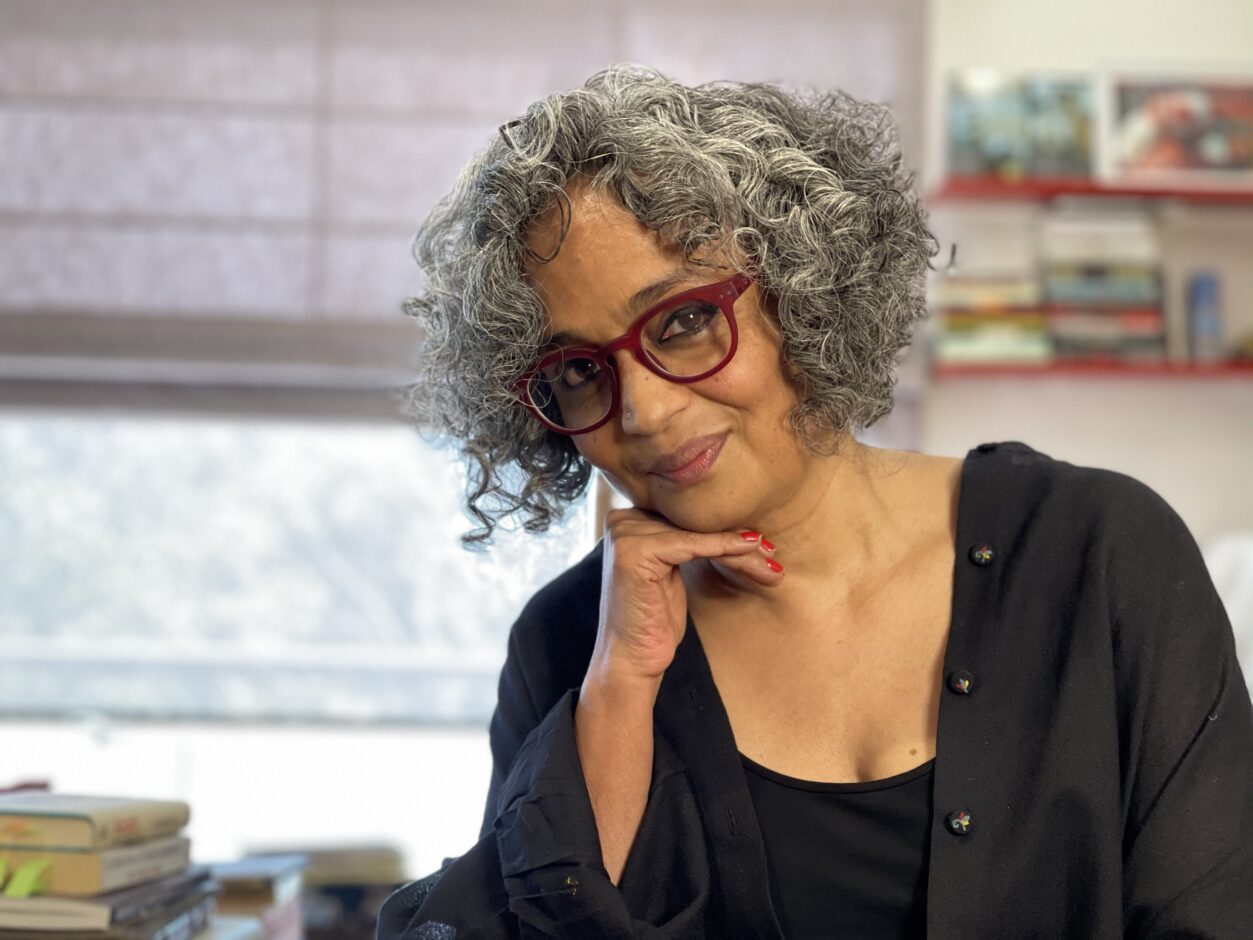The essence of human existence and diversity lies in the range of identities that deserve recognition, respect, and equality. Throughout history, certain groups have experienced marginalization, discrimination, and oppression. We often perceive history as a linear narrative, but the struggle for human rights is not a straightforward and predictable path. It involves bends, twists, circles, and sudden turns.
In June, during Pride Week, it’s important to acknowledge the LGBTQ+/Queer* community’s brave resistance for recognition, equality, and acceptance. This resistance is intertwined with defiance and optimism and is accompanied by cultural and artistic expressions. In recent years, there has been a growing opposition to gender diversity from conservative scholars, politicians, and activists. They aim to roll back progress on LGBTQ+/Queer rights and reinforce traditional gender norms. However, a closer look reveals that the arguments presented by the conservatives are not only misguided and discriminatory but also have harmful consequences for individuals and society as a whole. These arguments are inconsistent with both human and regional history. The Ottoman Empire had a complex and diverse approach to issues related to sexuality and gender, including sex and sexual minorities. While the empire had a hostile stance on homosexuality, legal procedures regarding it were rare. In the early 1900s, the Ottoman Empire welcomed homosexuals fleeing Germany, France, and England, where homosexuality was criminalized. The perspective changed drastically in the 19th century as Westernization brought about strict heteronormativity.
First Attempt
A group of people attempted to organize a Pride Parade, but the Istanbul governorship banned the event, citing conflicts with societal traditions and values. In response, various queer groups joined forces to form a new initiative called “LambdaIstanbul”. In 1994, one year after LambdaIstanbul was founded, KaosGL was established in Ankara and began its political work with the publication of a queer magazine. It took 10 years after the initial attempt for the first Pride march to finally take place.
First Pride Parade
After Turkey was accepted as an EU candidate at the 1999 Helsinki Summit, there were increased international expectations for reforms to improve the rule of law, the situation of minorities, and civil society. This also had a positive impact on the queer movement. In 2002, meeting the Copenhagen political criteria was declared a program in Turkey.
In 2003, the first LGBTQ+ Pride March was organized in Istanbul with the participation of about 50 people. The 8th of March Feminist Night March was also held for the first time in the same year. It is important to remember that the diverse, colorful, enthusiastic resilience of the feminist movement intersects with the queer movement in many ways.
Diversity of Identity in Art
This also coincides with the years when many small stages began opening in İstiklâl Street in Istanbul. After 2000, the diversity of identities in Turkish theater, the struggle to become an alternative theater, and the possibility of dealing with unconventional or nontraditional texts such as plays by local playwrights began to appear on the stage. Starting from this, DOT, Tiyatro Boyalı Kuş, Bab-ı Tiyatro, İkinci Kat, Şermola Performans, Asmalı Sahne, Kumbaracı 50, Craft, Krek Tiyatro, Mekan Artı, Galata Perform, Mekan Sahne in Ankara (and many others I cannot name) have shaken and changed ways of reading the postmodern plays staged, as well as the texts produced with the help of queer characters and identities.
In the same period, authors also published novels with queer characters. Perihan Maden’s 2 Girls, Mehmet Murat Somer’s series about an amateur trans detective, Duygu Asena’s Paramparça, Yalçın Tosun, Ahmet Tulgar and Niyazi Zorlu’s queer stories should be mentioned along with countless others.
Directors such as Kutluğ Ataman, Ferzan Özpetek, Ümit Ünal and Fatih Akın have created provocative works that question the concepts of gender, desire and identity in cinema, while İnci Furni, Fırat Bingöl, Dorian Sari, Cansu Yıldıran, Baha Görkem Yalın, and Taner Ceylan have created thought-provoking visual artworks. Feminist artists who challenged gender roles in radical ways intersects with LGBTQ+/Queer movement and they also must be mentioned: Gülsün Karamustafa, Nur Koçak, İpek Duben, Şükran Moral, Nil Yalter, Canan, Nezaket Ekici, Sena, Hilal Polat, Şafak Şule Kemancı, and many others come to mind.
After 2003, the number of participants in the Pride parade increased every year. It became a festive resistance against the system. Similarly, the number and diversity of audiences and supporters of contemporary art continued to grow. Audiences continued to follow representations of themselves and as well as others, different perspectives and innovative productions as the content, stories and characters of art production diversified.
Freedoms and Gezi Park
2013 was a turning point not only for queer community, but also for the wider society. The Gezi protests in Istanbul were one of the largest protests in the history of Türkiye. These protests brought various groups together from many different movements. Queer people were particularly active in the resistance against neoliberal urban policies. At that time, the rainbow flag changed its meaning for those who participated in the protests. Larger segments of society became involved in the LGBTQ+/queer resistance that was built with resistance, persistence, and hope. The public space turned into a bridge where biases were overcome. Tens of thousands of people participated in the 2013 Pride March as a result of this reintroduction.
At this point, it is necessary to recall the broad area of interaction between the feminist and queer movements. It was a major achievement of the feminist movement to raise gender inequality as a political issue. Queer art played an important role in challenging oppressive gender stereotypes and roles. Feminist and queer approaches still move together.
“Gezi Ruined Us.”
In the play “Will You Come With Me?” which I wrote in 2017-2018, Umut says this to his friend Barış, who reported him to the police, as a way of rebellion against the increasing oppression since 2014.The Istanbul Pride Parade was first banned in 2014 and then in 2015. Despite the prevention of the Pride parade for the last ten years and the violence they face, queer people persistently come together every year and continue to struggle to assert their presence in the public sphere. Despite all the oppression, queer communities in different parts of Turkey continue to form new alliances and work to raise awareness in society and public institutions. People maintain the spirit of organizing Pride marches every year in Istanbul and different parts of Turkey. On the other hand, hate speech against queer community is being deliberately raised day by day.
At the same time, financial problems, the narrowing of public space and censorship and self-censor began to affect culture and the arts. In particular, the continuous closure of Istiklal Street with different excuses. Also, Istiklal Street became the site of violent interventions during demonstration marches and this cultural “transformation” of the street shook the public’s relationship with culture and art spaces.Cultural and art spaces began to find new locations in different parts of Istanbul. Today, what we call independent contemporary art is trying to survive in the face of crushing economic conditions, limited opportunities, and an ever-changing political agenda. Except for very confined references, queer characters and works cannot find a place for themselves in culture and arts. We are going through a period where the “audience” is repositioned as the “viewer”, instead of the “follower” of art.
And Now?
This is an era. Like other eras, it will eventually change. The journey to equality, both for queer resistance and for contemporary artists, is filled with legal obstacles, cultural corruption and systematic discrimination. Art that is full of stereotypes, pretentious and majoritarian will once again have to make room for innovative and pluralistic works that embrace the richness of human experience. While new art spaces such as KOLİ Art Space continue to open, the approaches of post-pandemic contemporary art to meet its audience by liberating itself from space and borders through online screenings are promising in terms of sustainability.
History is not a straight line, time is curving and time is flowing in the direction of diversity, solidarity and humanity despite all kinds of obstacles.
At the heart of the LGBTQ+/Queer resistance lies a simple but profound desire for dignity and respect. To deny individuals the freedom to love whoever they choose, to express their true selves without fear of persecution, is to deny their humanity. The fight for LGBTQ+/ Queer rights is not just about laws and policies; it is about empathy, compassion and the fundamental belief that every person deserves to live with dignity and respect. It is a struggle that belongs to all of us, because by embracing the spectrum of human identity, we remember the core of our humanity.
We were here yesterday and we are here today.
Happy Pride Month!
Queer*: A wide range of identities, including but not limited to gay, lesbian, bisexual, transgender, non-binary and others.








